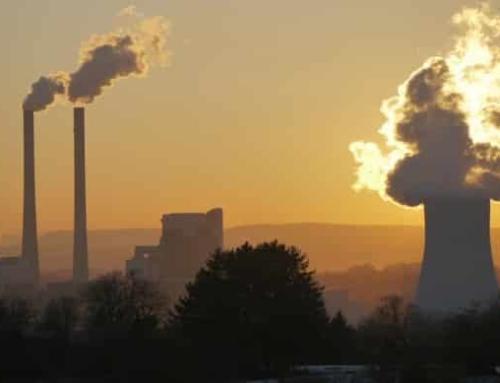When EPA writes new regulations, it usually goes through an extensive process to ensure the regulations will be beneficial. The range of steps in includes research, cost-benefit analysis, and expert consultation, often from a panel. Last week, EPA dismissed air pollution scientists that sat on an advisory board for the health impacts of soot. EPA also dismissed a separate, newly-formed group that was to evaluate ground-level ozone before they got the chance to congregate.
The recently dismissed panel used to work with Clean Air Scientific Advisory Committee (CASAC). Together, the experts that made up the advisory committees had diverse backgrounds and generally recommended more stringent standards on six criteria pollutants. Nationwide, EPA regulates carbon monoxide, lead, ground-level ozone, particulate matter, nitrogen dioxide, and sulfur dioxide. Now, CASAC, a group of only seven scientists, will have concentrated advisory power in EPA decision making.
Scrapping the panels is consistent with the Trump’s pro-industry agenda. With fewer pollution scientists advising EPA regulatory decisions, EPA will likely set weaker and weaker standards. This will allow industry to emit more pollutants. The Particulate Matter Review Panel, the 20-member panel that was disbanded last week, had previously advised EPA on more stringent standards regarding soot emitted by cars and power plants. This decision follows in line with the deregulation of 2022-2025 model year light duty passenger vehicles emissions that occurred in March 2018.







Leave A Comment
You must be logged in to post a comment.